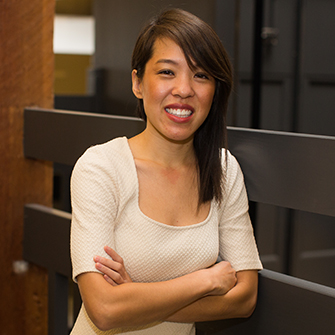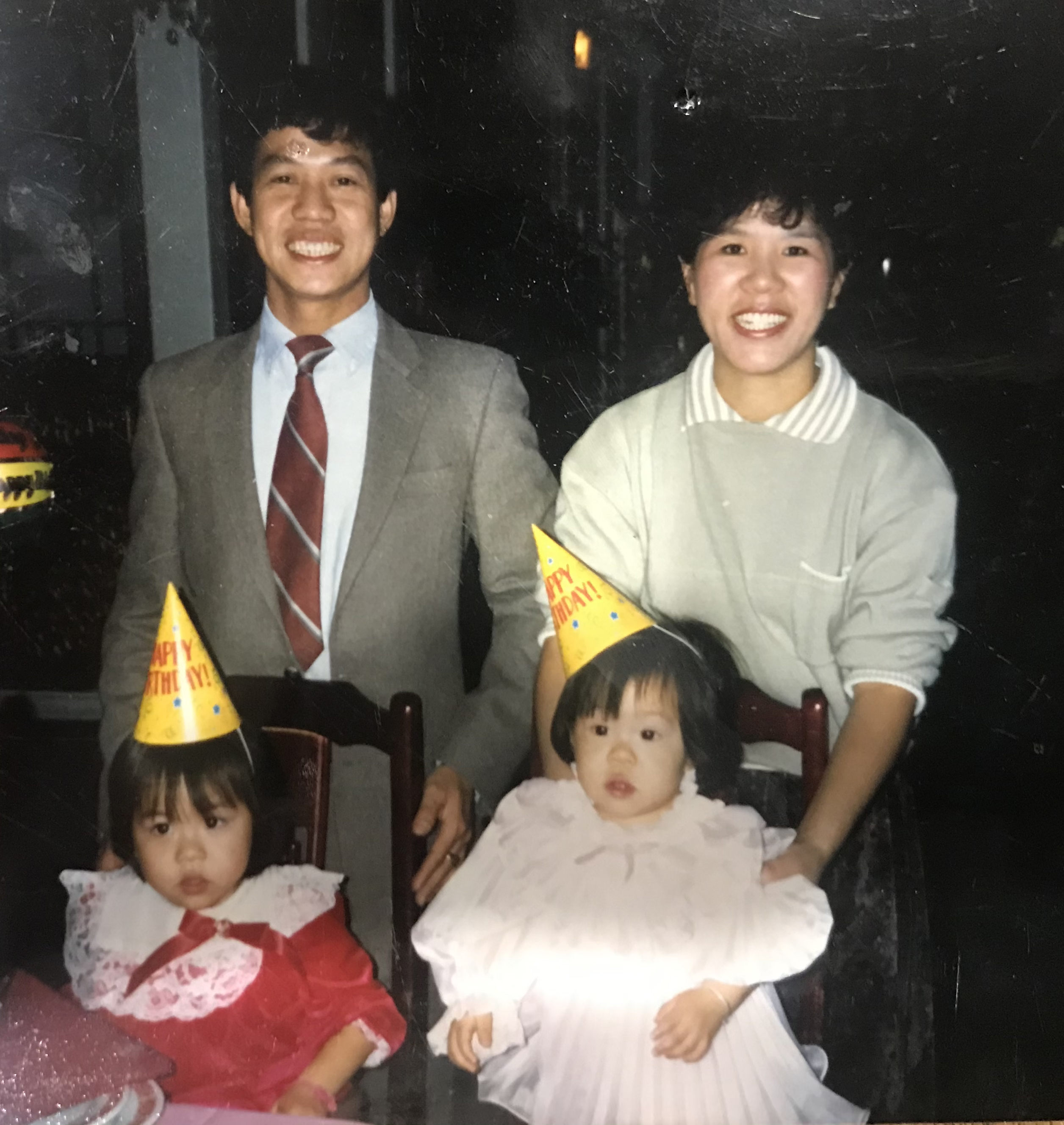This is Part 2 of a series on diversity in the water world, check out Part 1 here!
The conservation world is full of diversity (biodiversity, that is), from the thousands of species of fish and birds we vow to protect, to the rare flowers we only find once every two years. While we are blooming with biodiversity, we are significantly lacking in racial diversity, where people of color only make up 16% of the staff in environmental organizations. As I mentioned in my last blog post, I am working on a series about diversity and inclusion in the water world. In this first installment, I had the privilege to sit down (virtually, of course) with Jojo La, the Endangered Species Policy Specialist for the Colorado Water Conservation Board (CWCB).

While Jojo currently serves a very important role at CWCB, she did encounter some difficulties with her entrance into the environmental world. She graduated from the Colorado School of Mines with an environmental engineering degree and was having trouble getting a job at first. This was until she added three things to her resume: her status as a U.S. citizen, the fact that English was her first language, and something “American” under her interests such as rafting, or eating American pie. After hearing this, my jaw dropped. I felt both baffled and disappointed. She told me she added these things reluctantly, knowing that none of her (white) peers had to do the same thing. Although this occurred over ten years ago, hiring discrimination on the basis of race still happens at around the same rates today, with small declines for non-black minorities. After she made revisions to her resume, Jojo began receiving interview offers, and her career in the environmental world began.
For some background, Jojo La is an Asian-American woman of Chinese descent and was born in Colorado and raised in Craig, Colorado. She identifies as a first-generation American, as her parents immigrated from China. When talking to her, she described herself as someone who is very American and has been able to experience a lot of privilege in her life. She even compares her experience to that of “the American dream” with the opportunities she was afforded. Her identity as a Chinese-American woman has not come without challenges. Through these challenges, her perspective was able to inform me of ways that environmental organizations can improve so that other people of color might not have to face the same reality she did ten years ago.
So how can we improve job accessibility for people of color? Jojo spoke about four important barriers we currently face. The first barrier is access to nature and open spaces. She spoke of the importance of making sure people of color have access to our open spaces, such as national and state parks, and recreational activities like outdoor youth programs. “Being outdoors just wasn’t something we got to do as much as a family when I was a kid. My parents were busy making a living. There were of course financial barriers, but also the culture,” she said. Being able to experience nature and open spaces helps to cultivate an environmental identity, which is often the first step to a career in the environmental world. The second barrier Jojo spoke about was access to education, especially access to higher education, which allowed her the opportunity to enter the environmental sector. Access to higher education remains one of the biggest barriers for people of color to careers of any type. This is a systemic problem that needs attention.

Getting people actually in the door as employees and board members is another big issue. “We just need people of color on the hiring staff, there’s no way around it,” she states. Having representation is important, like a hiring process that works to reduce implicit bias. This might look like hiding the names of applicants to the hiring staff, to reduce favoritism on the basis of race, or discrimination. Part of the solution is also retaining people of color on the staff through a more inclusive culture. This means creating a work environment that is not only respectful but works to honor diversity and different work modes and cultural expressions. She even mentioned the importance of honoring introverted work styles, in a culture that favors extroversion. I found these suggestions to be very powerful, and important to start implementing at a greater level.
Thank you to Jojo for sharing her unique and informed perspective on her experiences as an Asian-American woman in the environmental world. I will be conducting more interviews on this topic to elevate the voices of people of color and share their perspectives on what steps we can take to improve.
Thank you for reading! – Tzigane 🙂